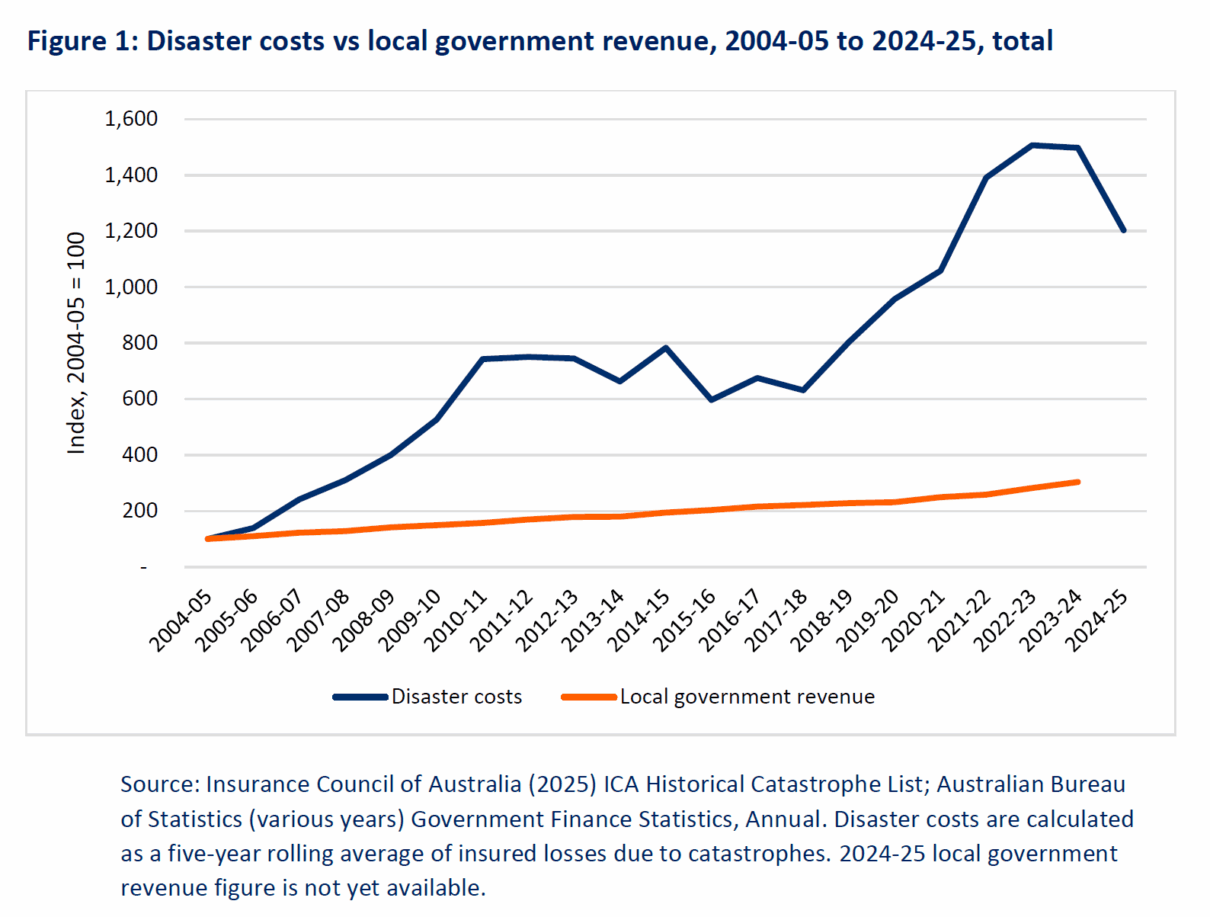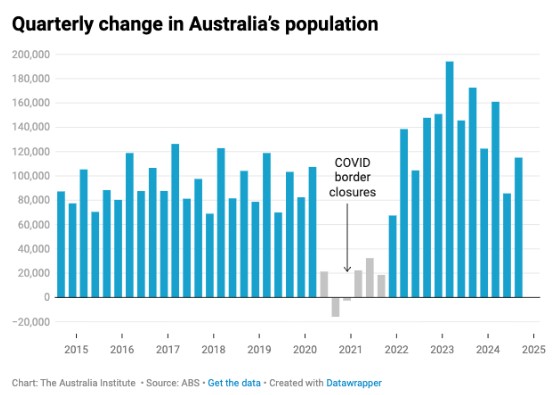On this episode of Follow the Money, former Labor Senator for New South Wales Doug Cameron speaks about the Australia-US relationship, the “madness” of AUKUS, and how the federal government can prepare for peace – not war.
The 2025 Laurie Carmichael Lecture was delivered on Wednesday 10 September and presented by the Carmichael Centre at the Australia Institute’s Centre for Future Work.
You can sign our petition calling on the Australian Government to launch a parliamentary inquiry into AUKUS.
After America: Australia and the new world order by Emma Shortis and Dead Centre: How political pragmatism is killing us by Richard Denniss are available now via the Australia Institute website.
Guest: Doug Cameron, former Labor Senator for New South Wales // @DougCameron51
Host: Ebony Bennett, Deputy Director, the Australia Institute // @ebonybennett
Show notes:

